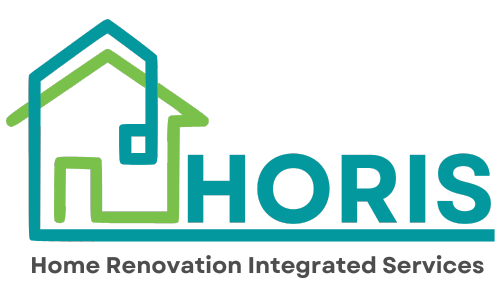Projects funded by the LIFE and Horizon EU programmes are joining forces to help support citizens in home renovation.
By Mary Connors and Marine Faber Perrio, IEECP.
To increase home renovation rates and speed up Europe’s Renovation Wave, a group of EU-funded projects have come together to support one another in developing concrete solutions to ensure EU citizens have warm, affordable, and sustainable homes. Each project will develop innovative solutions, such as digital and physical one-stop shop models to accelerate building renovation rates.
The new generation of OSS (One Stop Shops) projects are key to learn from their predecessors’ experiences, most will go beyond the advice model and support customers through the entire renovation process. The group meets in monthly calls, to share updates and exchange knowledge in energy-efficient building renovation. The group has already met for 4 online exchanges from early 2024, where they shared experiences, discussed project activities, and brainstormed future collaboration opportunities.
Most projects are in the initial phase of developing OSS platforms and will support one other on this journey. The projects will gather regularly to share their experiences on the OSS renovation journey – if you feel like you’d fit into the group, reach out to us (marine (at) ieecp.org or mary (at) ieecp.org!
Some of the key challenges they will experience:
- Fostering cooperation between the key stakeholders
- Engaging homeowners
- Getting professionals to register their services on the platform and ensure the quality of the services provided
- Developing a sustainable business model after the project ends
Shared learnings for OSS platform development
The group recently organized a workshop to share best practices on platform development (digital and physical).
During this first workshop, we heard both from projects that have already developed OSS platforms (EASIER, REVERTER, CONCERTO RENOV) and ones currently in the process of development (HORIS, CROSS RENOHOME). The projects all have similar target audiences for their one-stop shops: private households, citizens living in multi-apartment buildings, building managers and professionals, as well as actors in the business sector, and some will focus on targeting energy-poor households.
Despite having different pilot countries, the projects have shared characteristics: most will streamline the renovation process by including the technical, legal and admin procedures into their platforms to simplify the renovation journey for consumers.
As a reminder, with the EPBD – Energy Performance of Buildings Directive officially becoming law in May 2024 (with a transposition deadline of May 29, 2026), Member States are now required to establish one-stop shops for homeowners, SMEs, and all actors in the renovation value chain, to receive dedicated and independent support and guidance.
Each project gave updates on the current status of its OSS platform and the most pressing challenges. Some of the key talking points included:
- Stakeholder engagement – getting professionals and suppliers to register their services on the platform was a key point of interest for those projects currently in the design stages. How had other projects gotten professionals on board? Utilising the local networks of project partners and providing incentives such as training were some solutions suggested. The verification of professionals was also discussed, some good practices include developing a survey to assess eligibility and identifying a criteria list for providers. HORIS explained how Bureau Veritas, apartner in the project, created a checklist of criteria for professionals to fulfil to be integrated into the platform, offering training to those who don’t fill them.
- Technical issues – it is important to adapt IT systems, so they can embed the platform onto existing websites and consider this during the initial planning stages, so as not to delay the project implementation.
- Consider the impact of external factors – keep track of the changes in national legislation and adapt.
- Co-design and feedback – after the platform is developed, test it out with consumers. We asked EASIER how they contacted/found and engaged participants in the co-design process and learned for instance that they paid attention to the timing of the discussions they organised. The consortium partners, representing enterprises and building professionals (and the coordinator is the local energy agency), knew who they wanted to involve and had prior contacts – networking was key.
- Business model – the long-term viability of the OSS was also brought up as most projects intend for the OSS to continue after the end of the project. There was much interest expressed in this topic, and an additional workshop is planned to specifically address this.
The most important point to remember is that the platform is only a tool, engaging users (households, businesses) and mobilizing them is the overarching goal of all the projects.
The projects will continue to meet for more valuable exchanges and to explore the synergies between them, the next meeting is planned for mid-September 2024.

Graphics: Find here our visual summary of the workshop
We would like to extend our thanks to project partners who presented or shared experience during the workshop, in particular Raphaël Rivaldi from CAP Energies for CONCERTO, Anamari Majdandzic from DOOR for CrossRenoHome, Luisa Crisigiovanni from Altroconsumo for HORIS, Pierpaolo Romano from AISFOR for EASIER, Dimitris Damigos from NTUA for REVERTER and Marcus Andreas from Climate Alliance for EU Peers. Additional partners contributing to the exchange include OSR Coop, CondoReno.


